Skin Cancer
The risk posed by a skin cancer diagnosis can range from mild to life-threatening. We have the expertise you need. Our specialists use the most advanced methods to accurately diagnose skin cancer and the most innovative therapies needed to treat it.
BJC HealthCare works with Washington University physicians, BJC Medical Group, and providers across the region to deliver extraordinary care. Siteman Cancer Center and the Missouri Baptist Cancer Center are two programs accessible through BJC HealthCare. We understand the importance of getting the right care specific to the type of cancer you have. When skin cancer is caught early enough, even the most serious forms of skin cancer can be successfully treated. Our skin cancer experts use a variety of advanced methods to effectively diagnose and treat all types and stages of skin cancer.
When you come to us for skin cancer care, you’ll find:
Nationally recognized expertise: Siteman Cancer Center provides access to superior care close to home. Siteman is consistently ranked as one of the top 10 cancer centers in the nation by U.S. News & World Report.
Groundbreaking treatments: We have innovative treatment options for every type and stage of skin cancer. These include tissue-sparing surgical techniques, topical chemotherapy and advanced immunotherapy.
Team-based care: Skin cancer often requires a collaborative approach. Our skin cancer team includes a variety of specialists, including dermatologists, ophthalmologists, surgical oncologists and plastic surgeons. They work together to customize a treatment plan for you.
Research and clinical trials: Our doctors participate in cutting-edge clinical trials that help us improve treatment options. Skin cancer treatments are constantly evolving, and we are on the forefront of new therapies.
Screening and prevention: If you are high risk for skin cancer (because of family history or previous diagnosis), we want to keep a close eye on your skin health. That’s why we offer screening opportunities for you and your family. We use advanced methods to accurately spot skin cancer in its earlier — most treatable — stages.
Support for you and your family: Our compassionate cancer support services team focuses on other needs you may have during and after treatment. We offer emotional support, art and music therapy, nutritional counseling, massage therapy and more.
The skin (your body’s largest organ) is made up of two main layers of cells. The top layer is called the epidermis, and the one below is the dermis. Most often, skin cancer begins in the outer layer (epidermis). Skin cancer develops when abnormal cells in the epidermis begin to multiply out of control.
There are three main types of skin cancer, each of which starts in a different type of cell found in the epidermis.
The three most common types of skin cancer are:
Squamous cell carcinoma forms in the squamous cells at the very top of the epidermis.
Basal cell carcinoma forms in the basal cells, which lie beneath the squamous cells.
Melanoma forms in the melanocytes, the skin cells that produce pigment.
Squamous and basal cell carcinoma are the two most common types of skin cancer. Although they can spread, neither is typically life-threatening. Melanoma is highly treatable when caught early, but left untreated, it can quickly spread to other parts of the body.
Doctors recommend that you check your own skin frequently for signs and symptoms that could indicate skin cancer. If you notice anything new or changing on your skin (including your scalp and underneath your nails), you should see a dermatologist.
A skin cancer specialist can perform a full-body examination of your skin. They also have tools that allow them to see any suspicious spots more clearly. If they see something concerning, the doctor will remove a small sample of skin tissue (biopsy). A lab analyzes the biopsied tissue to determine if it’s cancerous — and if so, what type.
Skin cancer treatment is different depending on which type of cancer you have. In many cases, we can treat early-stage skin cancers by simply removing the affected skin tissue. Sometimes, the doctor removes enough tissue during a biopsy to effectively remove all of the cancerous cells.
Other methods for treating skin cancer include:
 Alton Memorial Hospital
Alton Memorial Hospital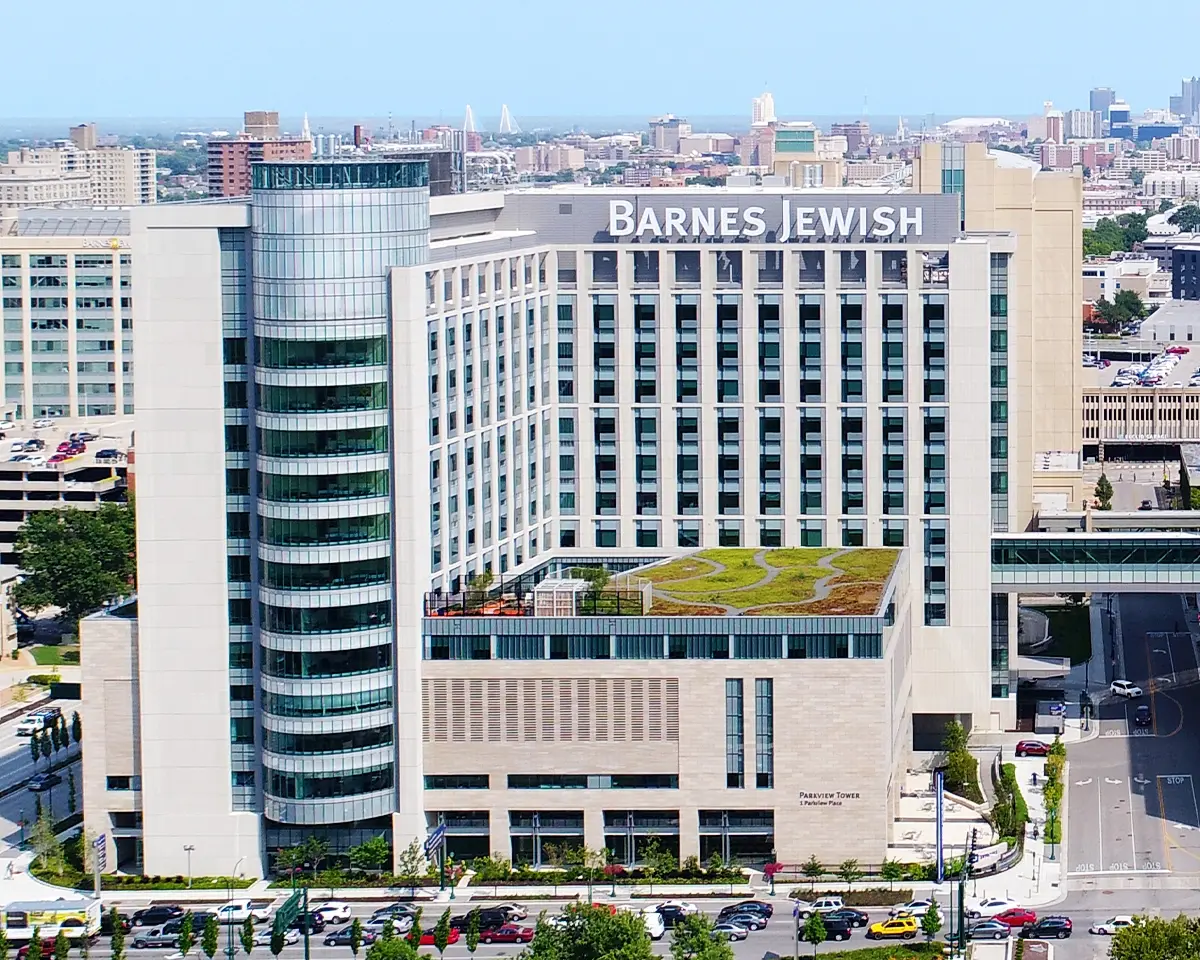 Barnes-Jewish Hospital
Barnes-Jewish Hospital Barnes-Jewish St. Peters Hospital
Barnes-Jewish St. Peters Hospital Barnes-Jewish West County Hospital
Barnes-Jewish West County Hospital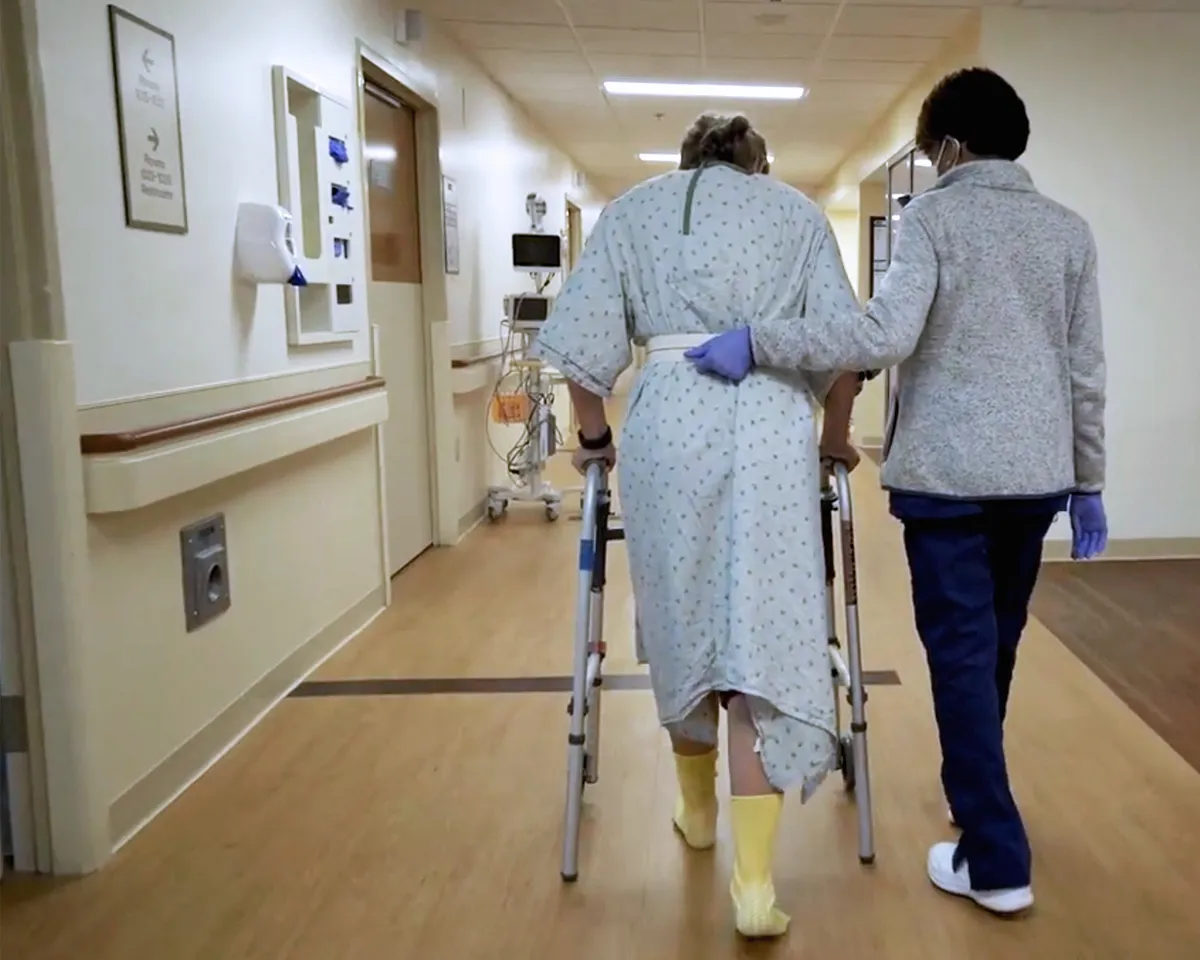 Christian Hospital
Christian Hospital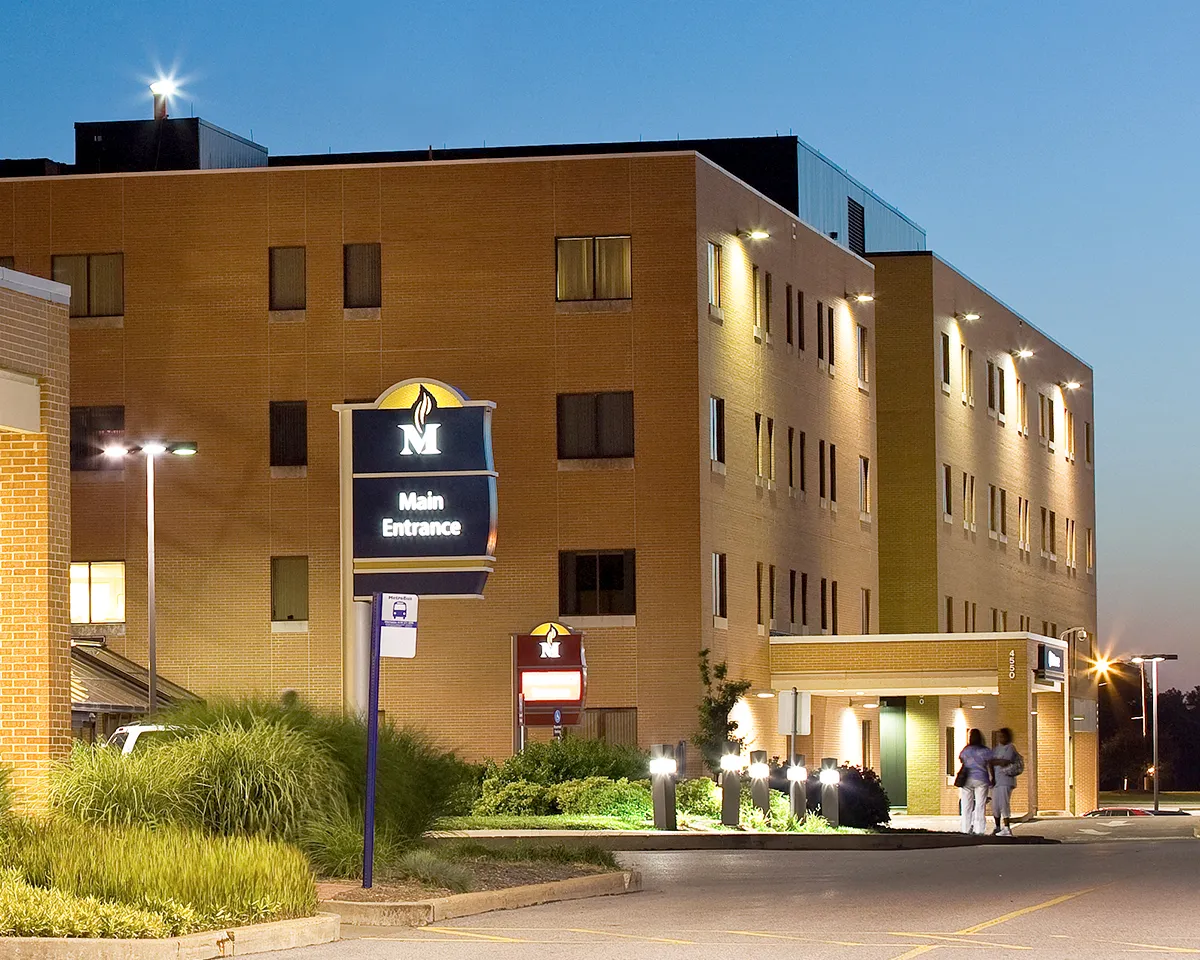 Memorial Hospital Belleville
Memorial Hospital Belleville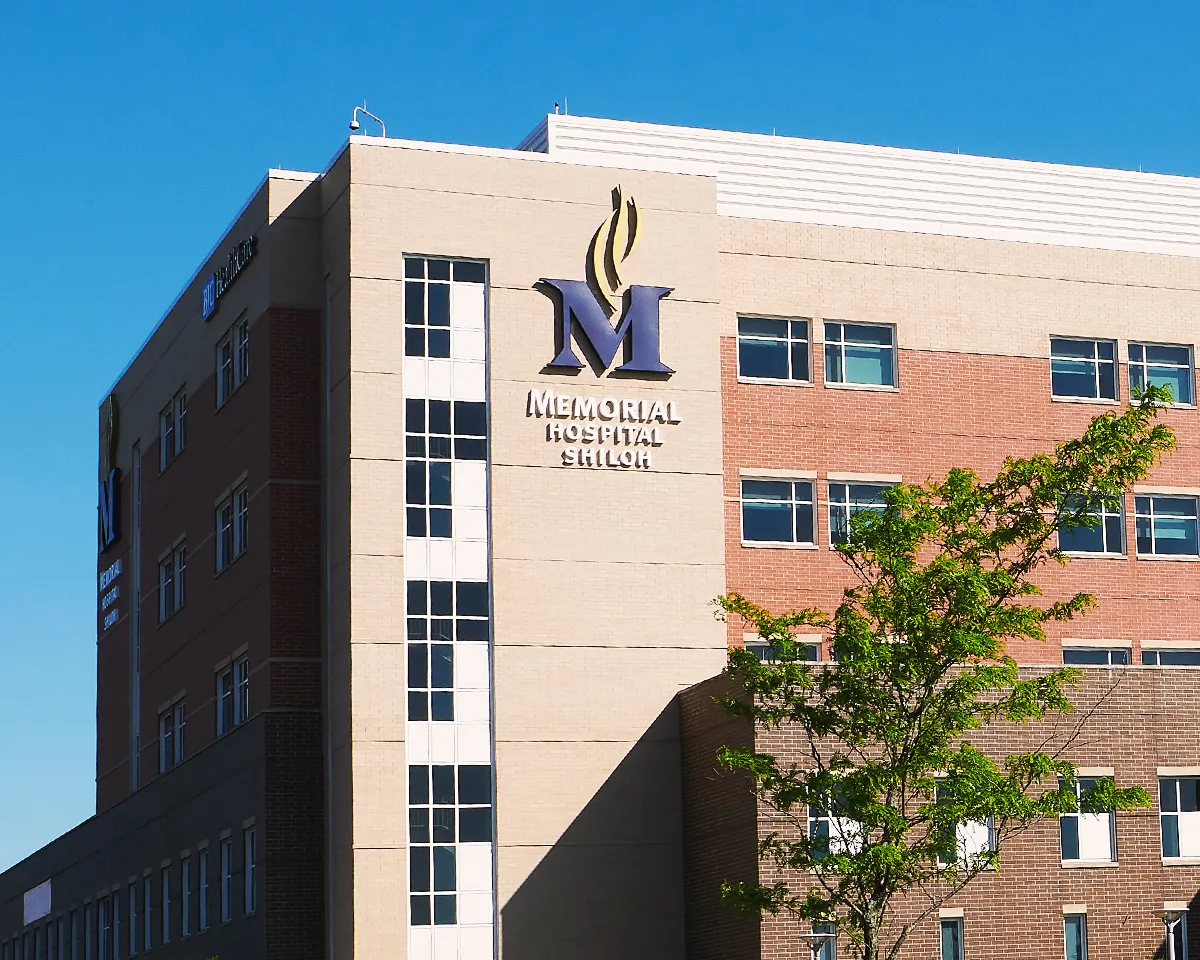 Memorial Hospital Shiloh
Memorial Hospital Shiloh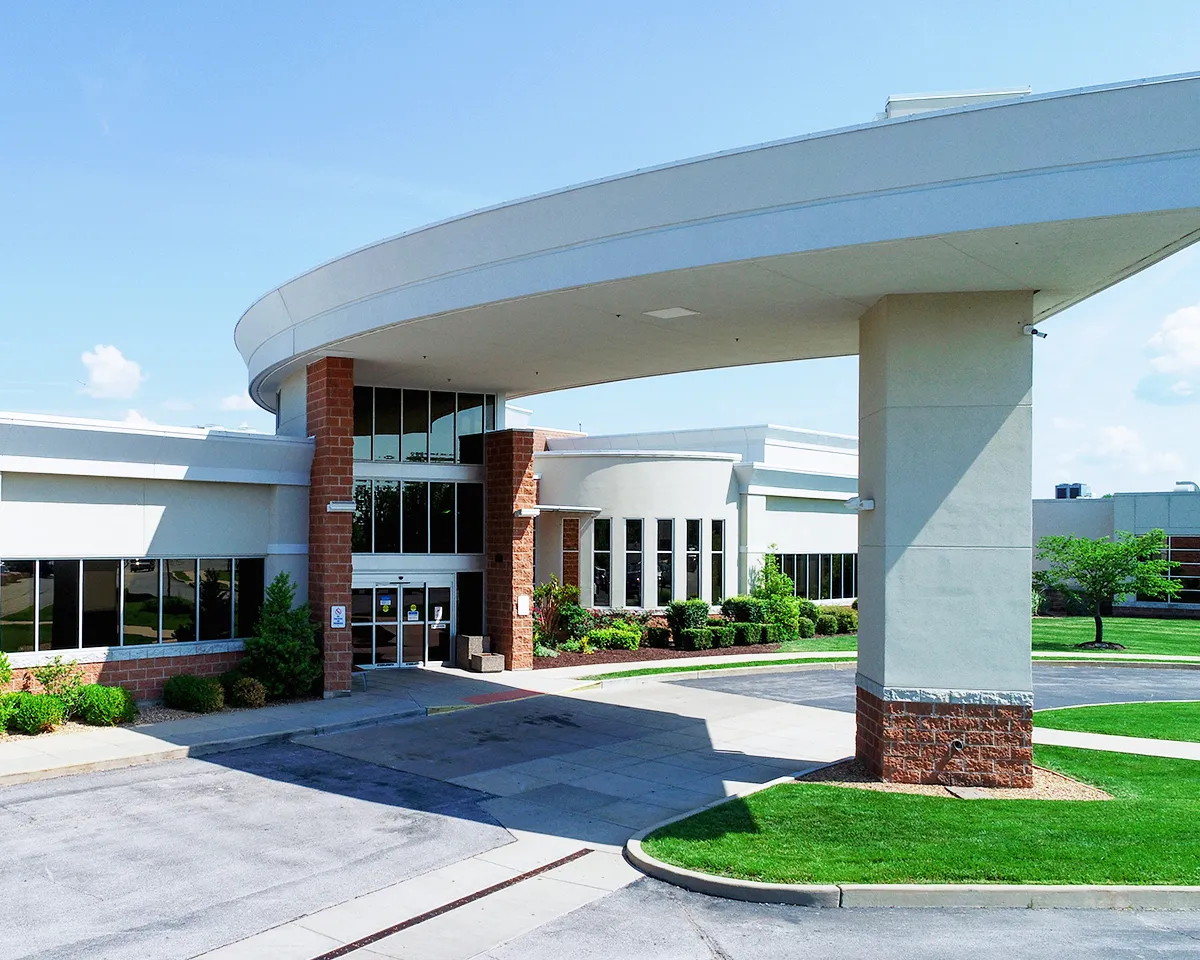 Missouri Baptist Sullivan Hospital
Missouri Baptist Sullivan Hospital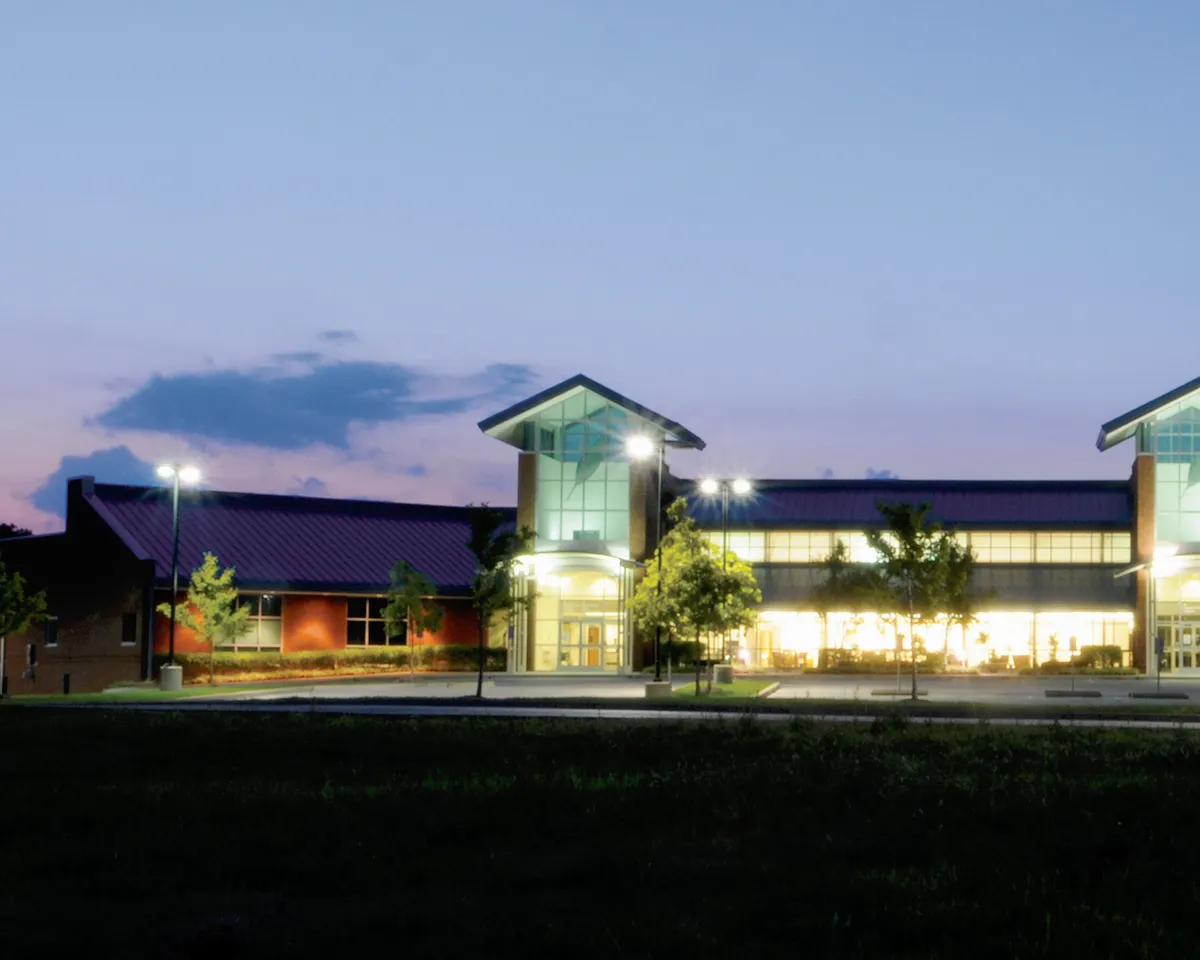 Northwest HealthCare
Northwest HealthCare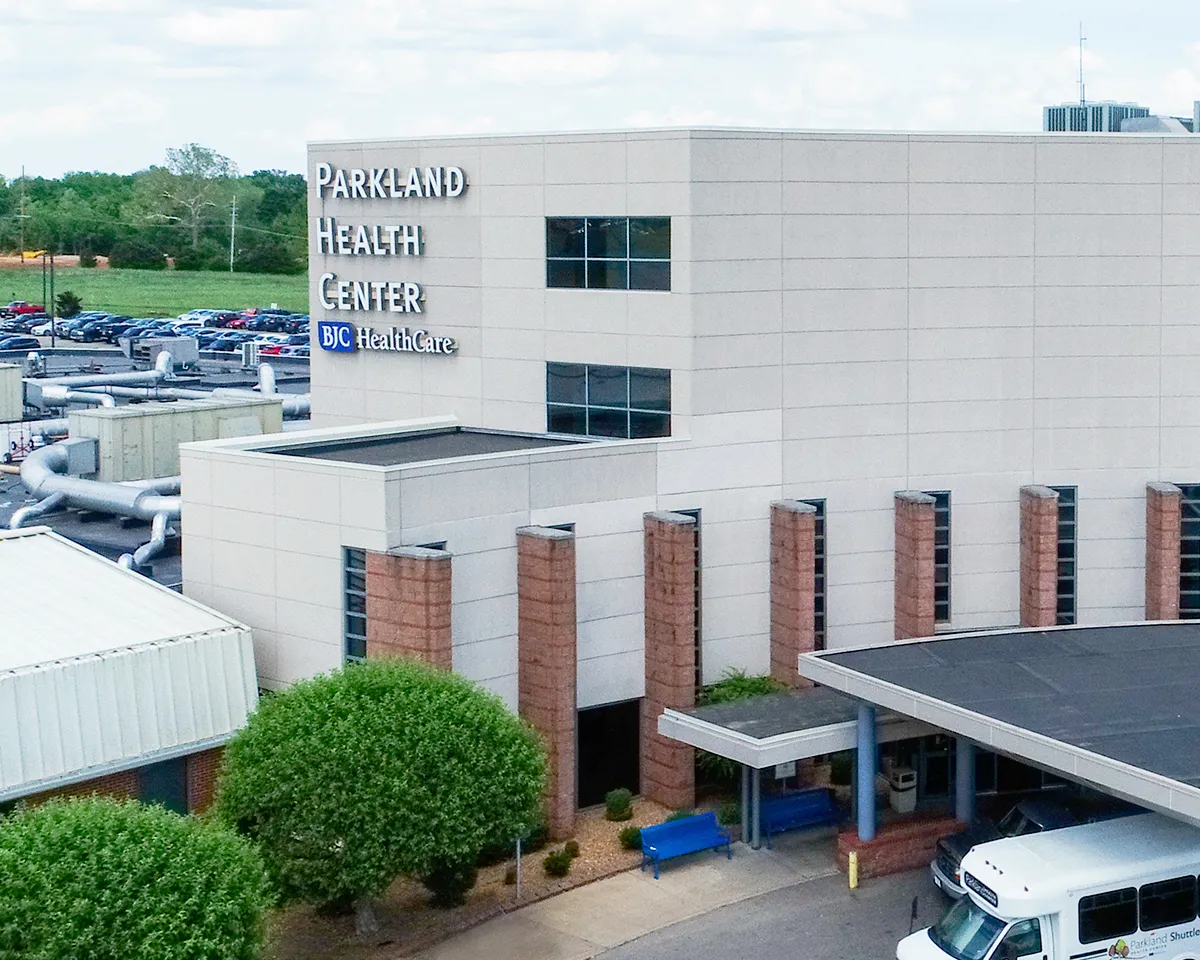 Parkland Health Center
Parkland Health Center
- Resource
Schedule your appointment
Call (314) 362-9355 or (800) 392-0936 to schedule your appointment with a specialist.